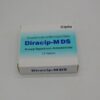Diracip M Ds 500mg Tablets 15’s – Effective Treatment for Intestinal Amoebiasis and Other Infections
Diracip M Ds 500mg Tablets 15’s is a combination medication that contains Metronidazole and Diloxanide, two active ingredients that work together to treat intestinal amoebiasis and other infections caused by amoebas and anaerobic bacteria. This medication is commonly prescribed for patients dealing with gastrointestinal infections, as well as conditions like giardiasis and trichomoniasis.
- Metronidazole is an antibiotic and antiprotozoal agent that works by inhibiting the growth of harmful microorganisms, including anaerobic bacteria and parasites. It is effective in treating a variety of infections.
- Diloxanide is an anti-amoebic agent used primarily for treating asymptomatic amoebiasis and preventing recurrence after treatment. It works by targeting and eliminating the amoeba in the intestines.
Each tablet contains 500mg of Metronidazole and Diloxanide, working together to combat infections effectively.
How to Use Diracip M Ds 500mg Tablets 15’s
- Typical dose: Take one tablet (500mg Metronidazole/Diloxanide) once or twice daily as prescribed by your doctor.
- Take with or without food, following your doctor’s instructions.
- Consistency: Try to take the medication at the same time each day to ensure effective treatment.
- Missed dose: If you miss a dose, take it as soon as you remember, unless it is almost time for the next dose. Do not double the dose to compensate for a missed one.
Precautions
- Allergy alert: Do not use Diracip M Ds if you are allergic to Metronidazole, Diloxanide, or any other components of the medication.
- Medical history: Inform your doctor if you have any history of liver disease, kidney problems, or neurological conditions, as adjustments to your treatment may be necessary.
- Alcohol: Avoid alcohol while taking this medication as it may cause severe side effects, such as nausea, vomiting, and flushing.
- Pregnancy and breastfeeding: Consult your doctor before use if you are pregnant or breastfeeding, as the safety of this medication during pregnancy or lactation should be evaluated.
Possible Side Effects
- Gastrointestinal upset: Nausea, abdominal pain, or diarrhea.
- Neurological symptoms: Dizziness, headache, or seizures (rare).
- Allergic reactions: Swelling of the face, lips, or throat, which may indicate a serious allergic reaction.
- Metallic taste in the mouth.
- Changes in urine color (may turn reddish-brown, which is harmless but should be monitored).
If you experience any severe side effects, such as difficulty breathing, swelling of the face or throat, or persistent symptoms, seek immediate medical attention.





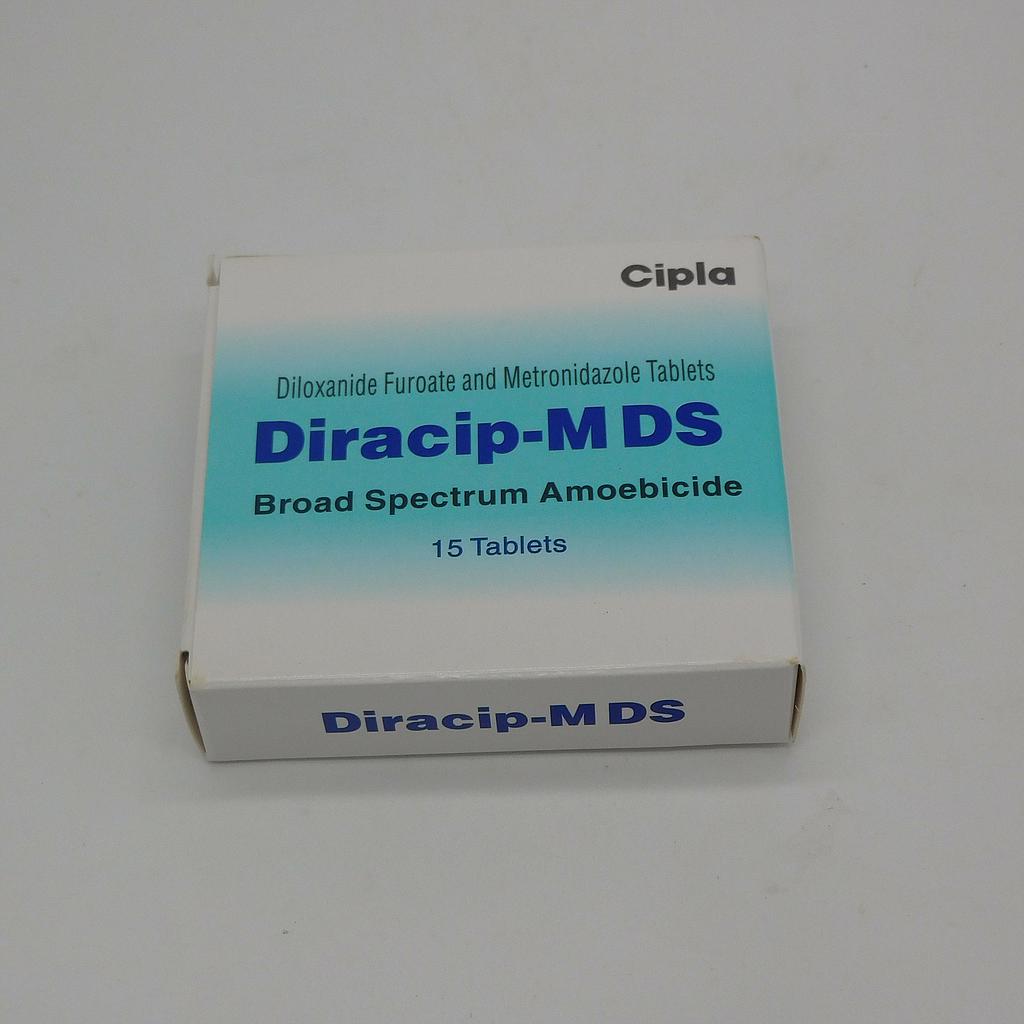


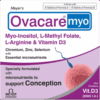


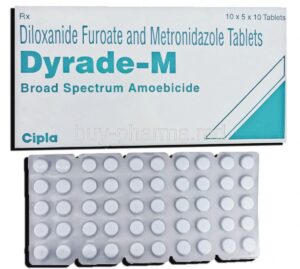

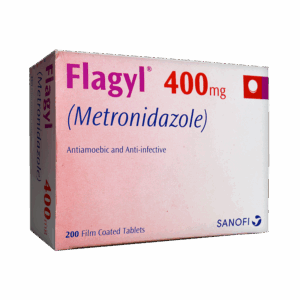
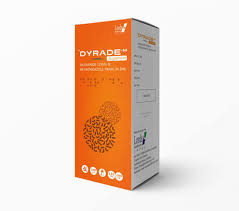

 No products in the cart.
No products in the cart. 